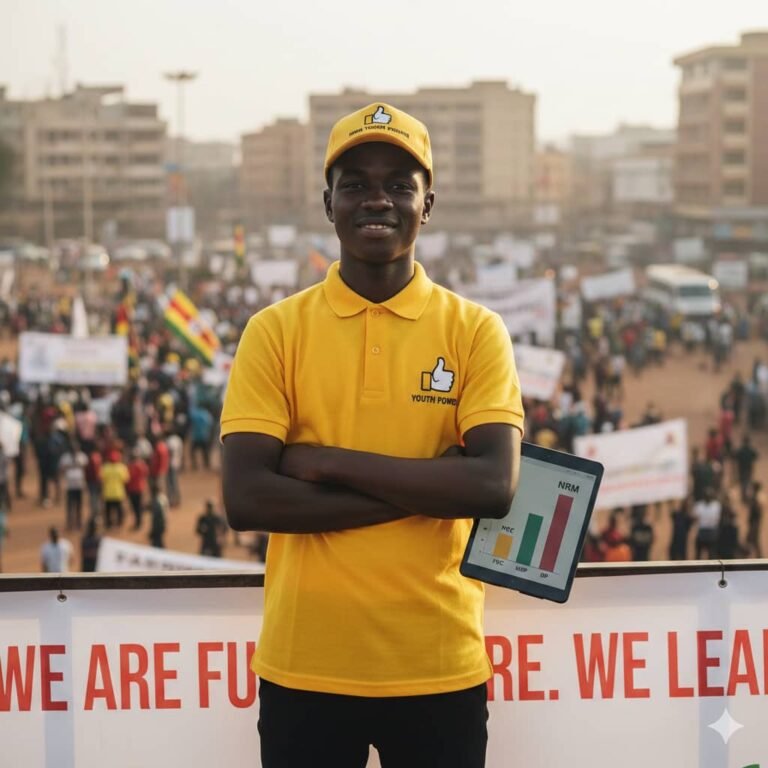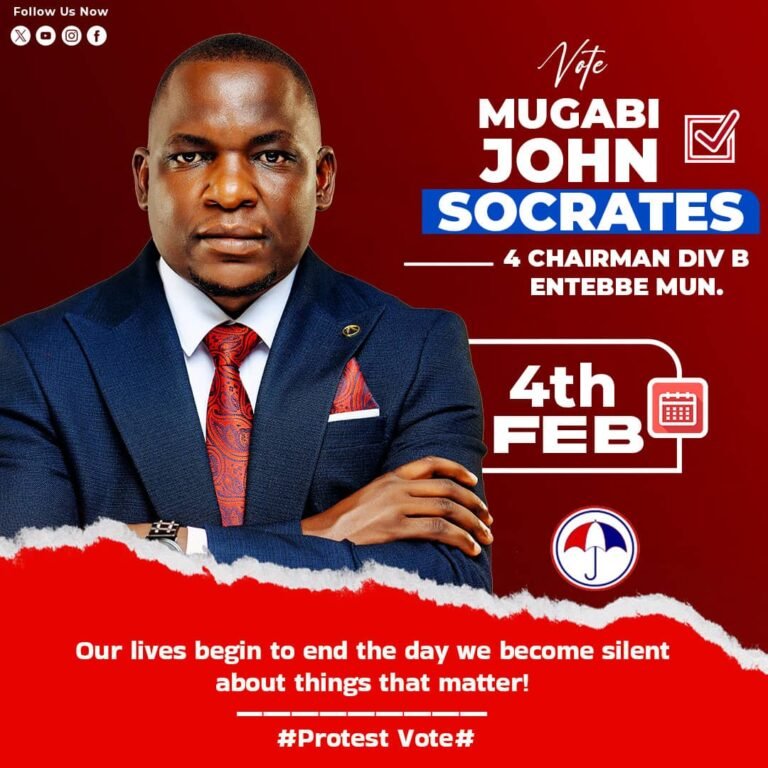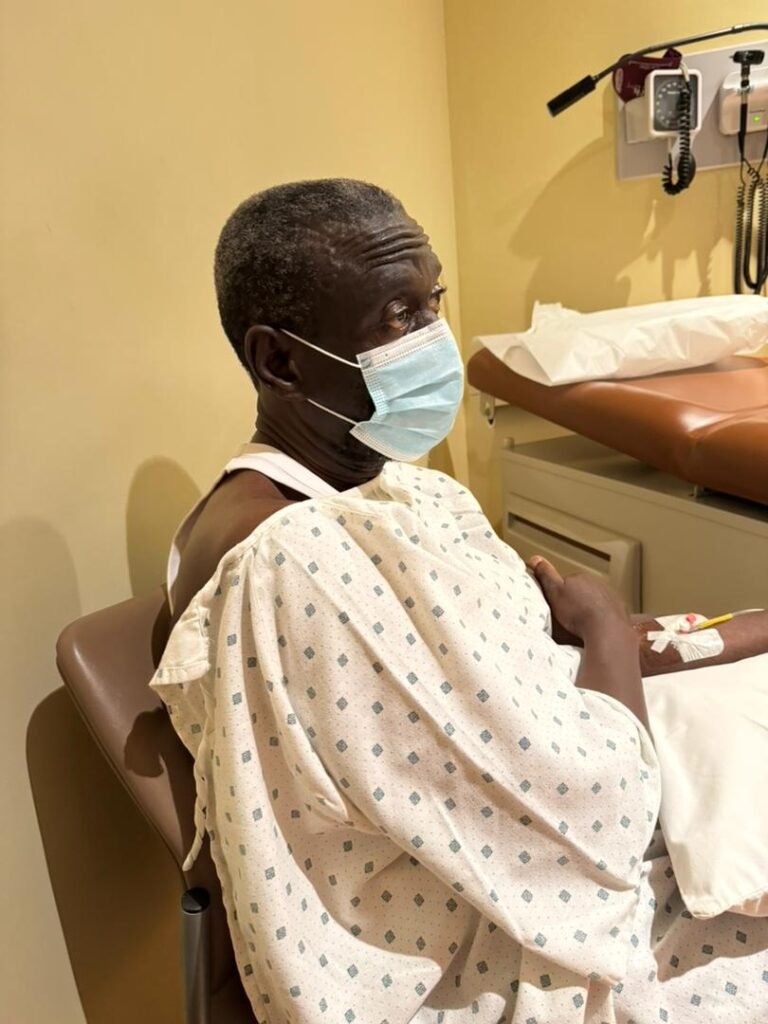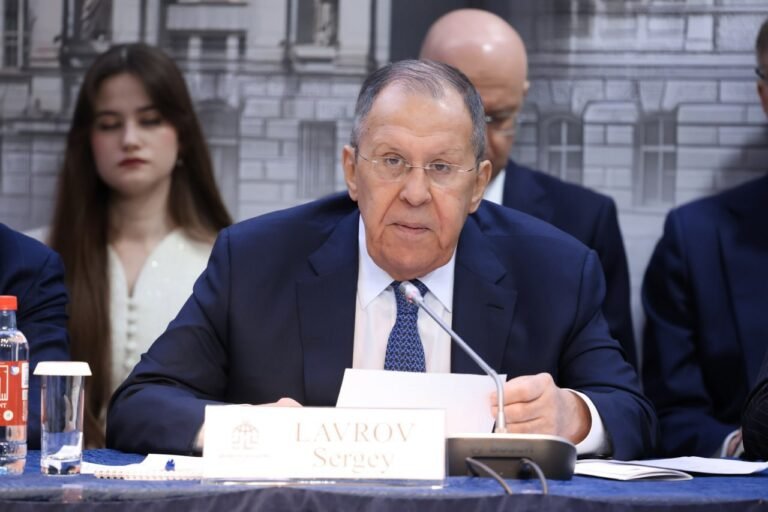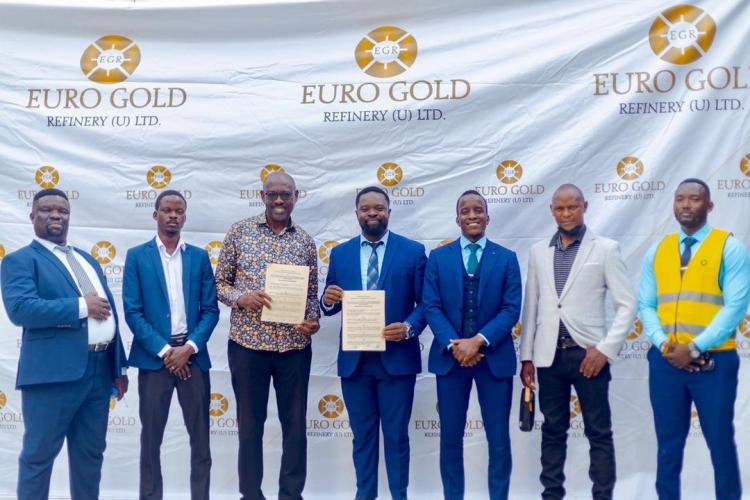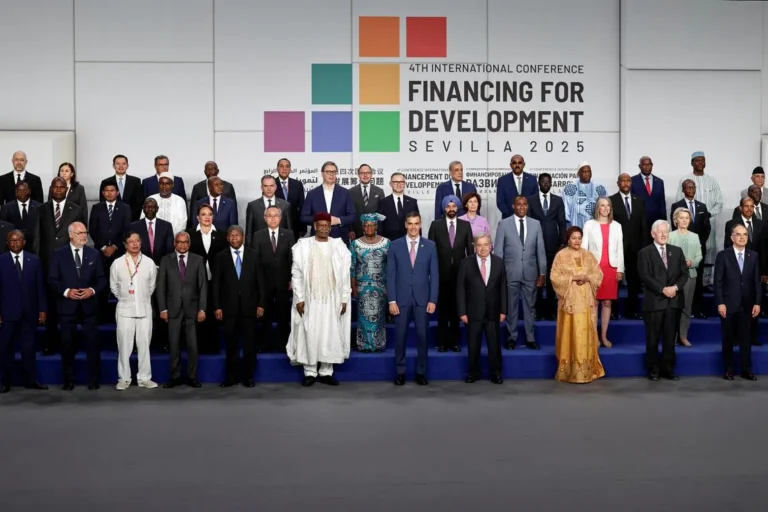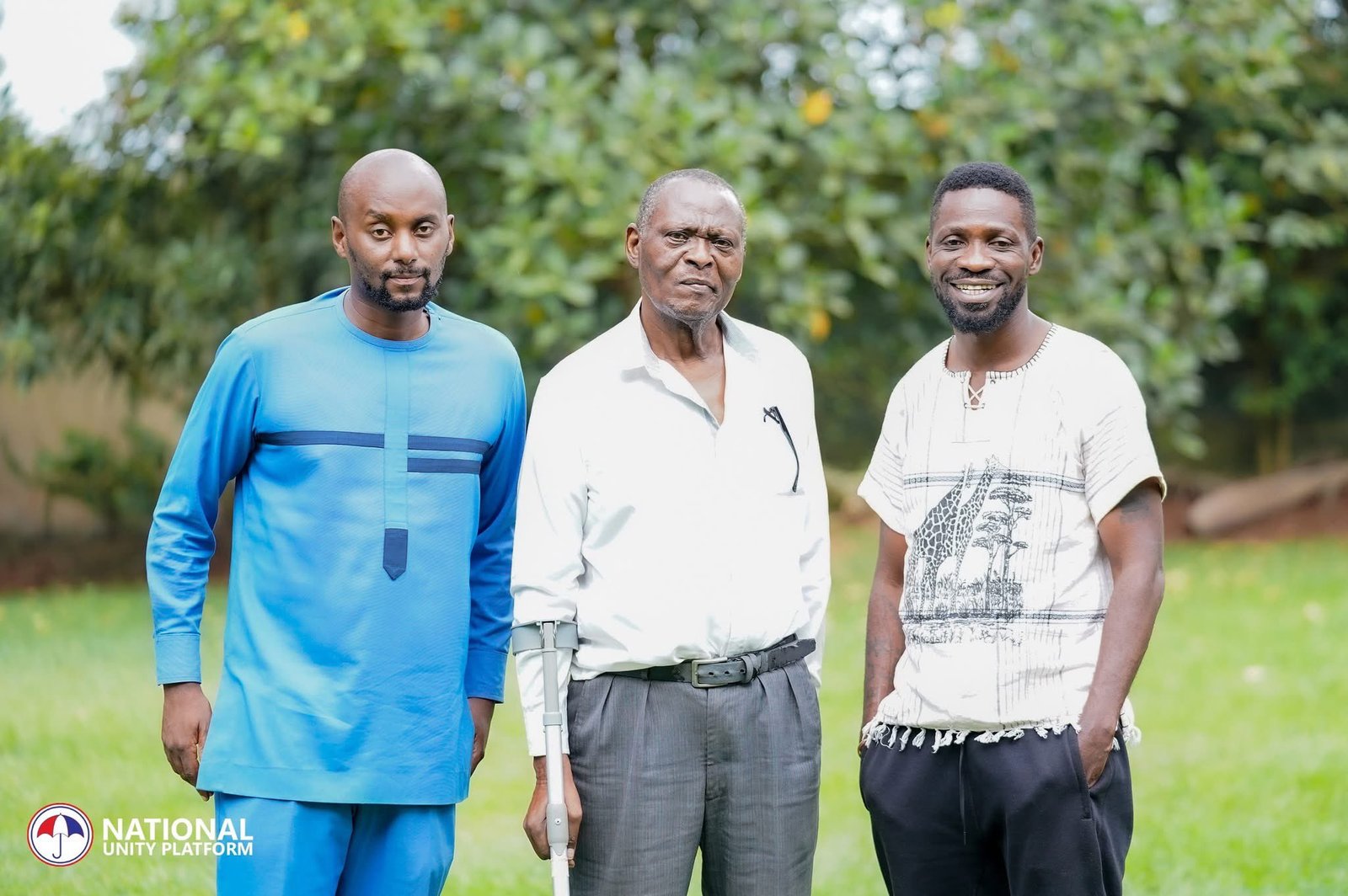
KAMPALA, Uganda – The case of Moses Nkonge Kibalama, a figure entangled in Uganda’s political strife for over six years, has taken dramatic new turns with conflicting claims from government officials, opposition leaders, and family members, creating a web of accusation and mystery.
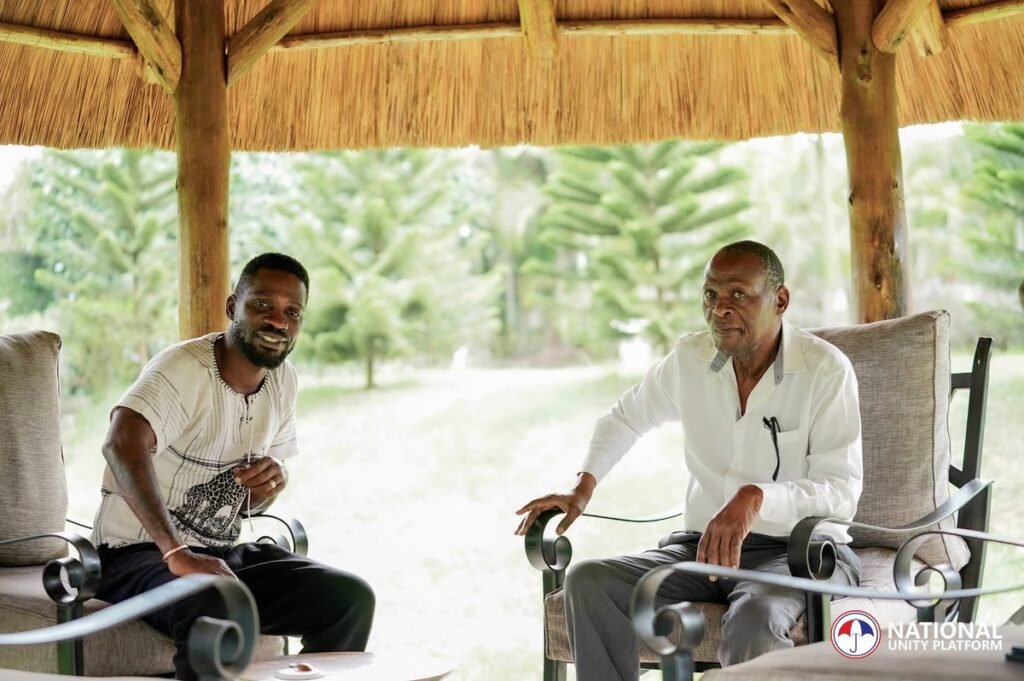
The saga was reignited on September 14, 2025, when opposition leader and National Unity Platform (NUP) figure Bobi Wine posted a photo on social media claiming he had “hosted mzee Moses Nkonge Kibalama at Magere this week.” Wine stated Kibalama was “steadily recovering from an illness” and accused the regime of attempting to use him against the “people’s cause for freedom.”
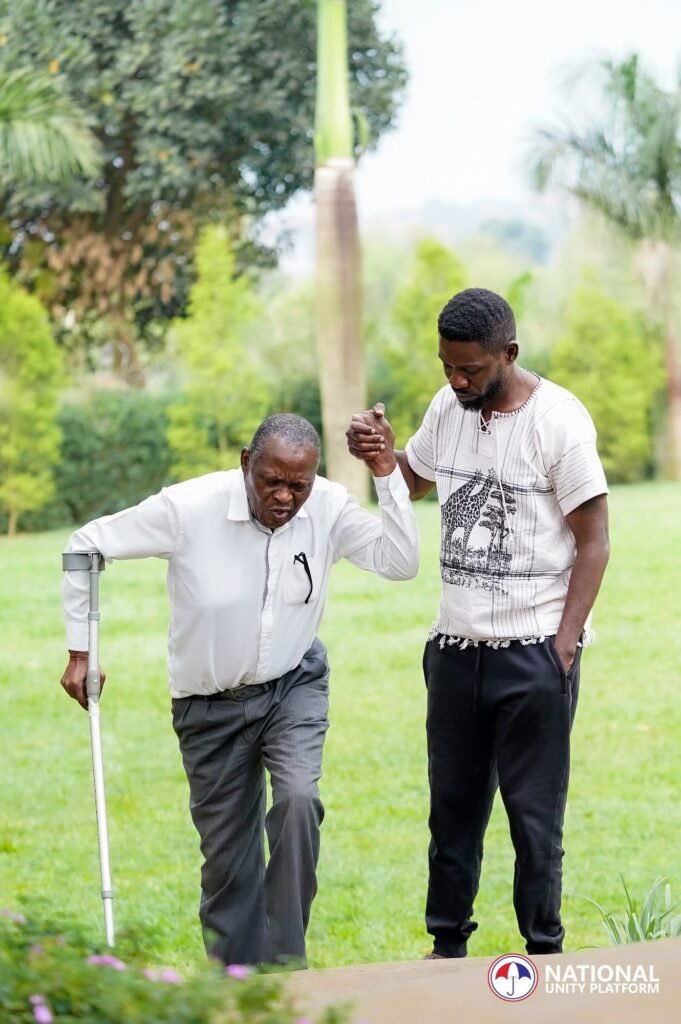
This post directly contradicts the government’s official position. Just days earlier, on national television, Uganda People’s Defence Force (UPDF) spokesperson Major General Felix Kulayigye stated, “I can tell you from a reliable source that Kibalama is out of the country.” This claim was made during an NBS Television segment discussing enforced disappearances.
Further complicating the narrative, a formal complaint has been filed by the missing man’s family. In a letter dated September 15, 2025, Sinmbwa Paul Kagamba, identifying himself as Kibalama’s nephew, alleges a completely different scenario. He accuses NUP officials, including Dean Lubowa Saava and David Lewis Rubongoya, of kidnapping his uncle from the party’s offices on September 12 and forcing him to sign unknown documents and pose for photos under duress. Kagamba has petitioned the Criminal Investigations Department (CID) to investigate the matter.
These recent events are set against the backdrop of a much longer disappearance. As highlighted in several social media posts, a man identified as Kibalama John Bosco was allegedly abducted on June 3rd, 2019. For years, his whereabouts were unknown until Prime Minister Robinah Nabbanja reportedly claimed he was in state custody. He has never been formally charged or produced in court.
Amid the confusion, Uganda’s legal community is using cases like Kibalama’s to highlight a systemic judicial failure. A consortium of prominent lawyers has sent a detailed letter to the Registrar of the High Court, criticizing the routine adjournment of habeas corpus applications—the legal mechanism designed to prevent unlawful detention.
Citing the precedent set in Sam Mugumya v Attorney General, the lawyers argue that delays to await a state response violate the very purpose of the writ: to provide an immediate remedy. They have proposed stringent new guidelines for judges to ensure these applications are handled with urgency, including immediate production of the detainee and clear consequences for contempt of court for non-compliance.
The situation presents a profound crisis of credibility. The government insists a missing critic is abroad, his family alleges a new abduction by the opposition, and the opposition leader claims to be his gracious host. All the while, legal experts point to the case as a prime example of the judiciary’s inability to effectively challenge the state on issues of unlawful detention.
As the public and international community await clarity, the fate of Moses Nkonge Kibalama remains a potent and unsettling symbol of Uganda’s intense political divisions and the ongoing struggle for human rights and the rule of law.

